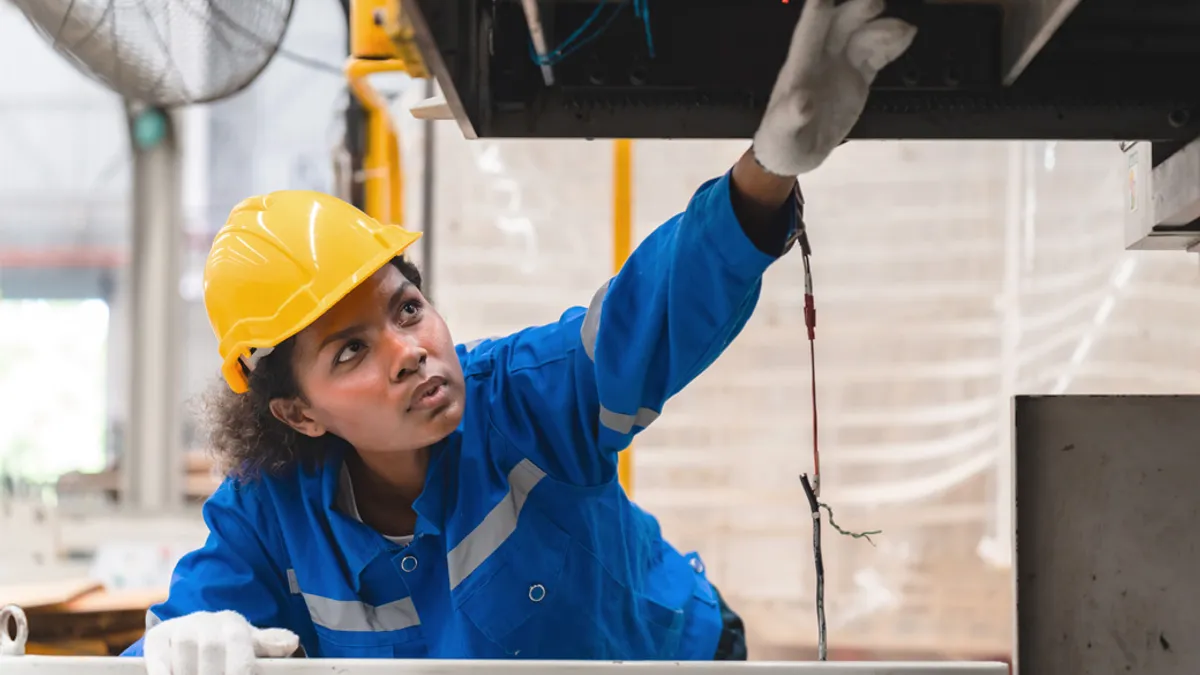Manufacturing and warehouse companies can take several concrete actions to enhance safety and productivity among their front-line workers, according to a June 4 report from Intertek Alchemy.
Site-specific images and training content, accurate on-the-job instruction, and consistent training reinforcement can drive up performance, employee engagement and motivation, the report found.
In a survey of 1,000 manufacturing industry professionals representing training programs at more than 3,000 facilities, 88% of companies that use site-specific images and content in their training materials reported their employees have successfully been able to identify and mitigate potential risks or defects.
Accuracy in training is key. While 73% of facilities reported on-the-job instruction on the manufacturing floor, 1 in 5 companies said inaccurate instruction was likely being provided. Only 14% of companies said they were very confident about the accuracy of worker-to-worker instruction. However, companies with cross-functional team members on training teams were more likely to report accurate worker-to-worker instruction.
Consistency is critical as well. A comprehensive training reinforcement program improved adherence to standard operating procedures on the floor by 215% when delivered frequently. A mature cross-training program also improved employee motivation by 42%, and a mature professional development program improved employee retention by 116%.
Talent development strategies are becoming increasingly important as the manufacturing industry faces a potential shortage of nearly 2 million workers in coming years, according to a Deloitte and Manufacturing Institute report. Companies are reskilling and upskilling workers to encourage them to stay, as well as offering mentorships, rotational programs and internal training to promote well-rounded skills development and adaptation of new technologies.
Manufacturers are also opening their doors to students to grow talent pipelines, whether through facility tours, school visits or competitions, according to the Manufacturing Institute. By working with colleges, economic development groups and civic groups, manufacturing companies are seeking to diversify their candidate pools and reach people who might not otherwise explore work in the industry.













